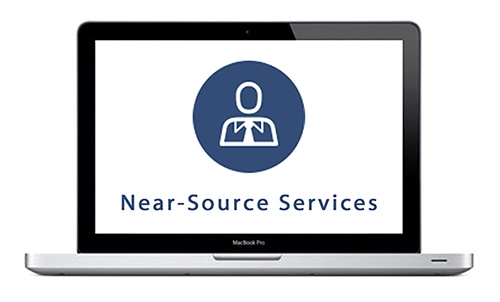Japan’s earthquake was devastating to many companies, particularly electronics manufacturers. But the losses weren’t limited to Asia; many American companies felt the aftershock. The lesson to be learned: disasters can strike unexpectedly, and can have far-reaching impact. What Japan Can Teach Us about Business Continuity When a powerful earthquake rocked northeast Japan in March 2011, the impact was felt across the globe — a powerful reminder of how important disaster recovery plans are to all businesses. You may think of disasters as being relatively rare events, like earthquakes—but however rare in any one location, events such as these can have an effect on many other locations. Case in point: According to Bloomberg, at least 35 companies derive 15 percent or more of their sales from Japan. Among them are Aflac (an insurance company), Rambus (a memory-chip interface manufacturer), and Coach (a retailer). For example, Japan generated about 75 percent of Aflac’s 2010 sales. American ports and shippers were also affected: the Port of Los Angeles temporarily suspended the transfer of hazardous materials and bunkering fuel operations. The point is that disasters, whether acts of nature or man-made mishaps, can strike unexpectedly at any organization. Recovering from a catastrophe can be very demanding, expensive, and time consuming — especially for those who haven’t taken preventative measures and preparations. What can you do to prepare? Develop a Business Continuity Plan (BCP), which will enable your business to resume normal operations after a significant data loss or network downtime due to natural disasters, sabotage, theft, or equipment failure. Even if you already have a BCP, it’s important to make sure that your plan is flexible and scalable, and can adapt to the natural changes that your business undergoes. For example, software and hardware installations, updates, and modifications are an important part of business continuity planning. Your data should be properly and regularly backed up, and you need storage and recovery systems and procedures that are continually updated with changes that constantly occur in your IT. In addition to having a flexible and scalable BCP, you also need a highly skilled IT staff that is up to speed on the importance of backup and recovery of data. It’s important that this staff is properly trained to implement your BCP in the event that your business experiences a major data loss. Unfortunately, companies routinely suffer significant data loss because they discover the errors in their systems too late — usually while trying to recover the data. Your business is important to you — and to us, too. We’re here to help you create or fine-tune a BCP that is best suited to your unique business needs, as well as prepare and assist your staff in implementing the plan should it become necessary. Contact us for more details.







